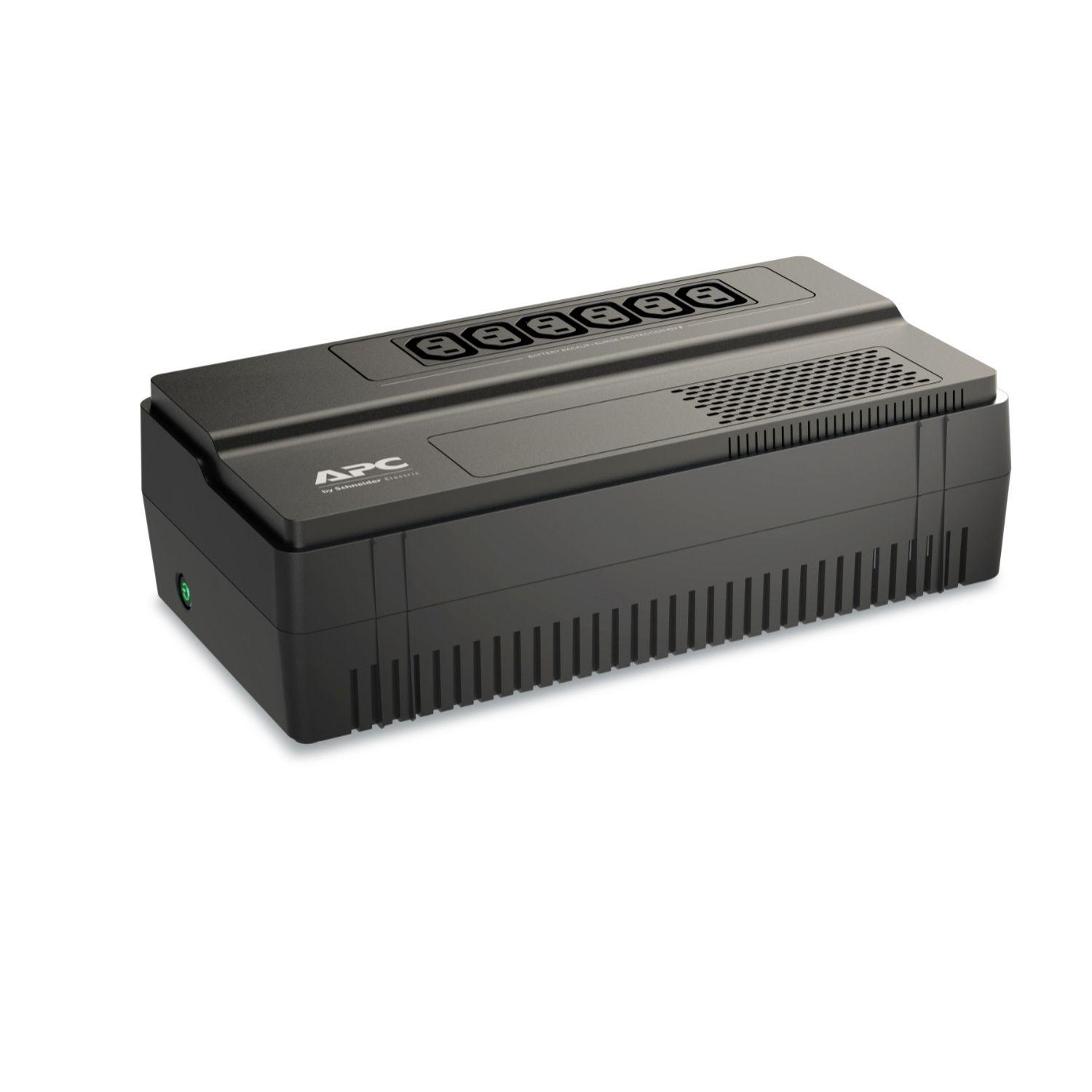Power Supplies: The Unsung Heroes of IT Hardware

In the fast-paced world of IT hardware, where processors, graphics cards, and storage drives often steal the spotlight, the humble power supply unit (PSU) quietly plays a crucial role behind the scenes. While it may not have the glamour of a high-end graphics card or the allure of a sleek, ultra-thin laptop, the PSU is, in many ways, the backbone of any computing system. In this article, we'll explore the importance of power supplies in the IT hardware niche and discuss why selecting the right one is vital for your computing needs.
Reliable Power: The Foundation of IT Performance
Imagine a high-performance sports car with a world-class engine, but it's running on low-quality fuel. No matter how impressive the engine is, it won't perform optimally without the right fuel. The same principle applies to IT hardware. Your cutting-edge CPU and GPU may be capable of incredible feats, but they can't deliver their best performance without a stable and reliable power supply.
The Role of the Power Supply Unit
At its core, the PSU is responsible for converting AC (alternating current) power from your electrical outlet into DC (direct current) power that your computer's components can use. This transformation is essential because most computer components, such as CPUs and GPUs, require DC power to function. The PSU also ensures that the voltage and current supplied to these components are stable and within specified tolerances.
Factors to Consider When Choosing a Power Supply
- Wattage: The wattage rating of your PSU should be sufficient to power all of your components. It's crucial to calculate your system's power requirements, taking into account the CPU, GPU, storage drives, and other peripherals. A PSU that's too weak can lead to instability and system crashes, while one that's too powerful may be inefficient.
- Efficiency: Look for PSUs with higher efficiency ratings, typically indicated by the 80 PLUS certification. An efficient PSU not only consumes less power but also generates less heat and operates more quietly.
- Modularity: Modular PSUs allow you to connect only the cables you need, reducing clutter inside your PC case and improving airflow. This can help with system cooling and maintenance.
- Connectors: Ensure that the PSU has the necessary connectors for your components, such as PCIe connectors for graphics cards and SATA connectors for storage drives.
- Brand and Quality: Choose reputable brands known for producing high-quality PSUs. A reliable PSU is less likely to fail and potentially damage your other hardware components.
The Importance of Future-Proofing
When investing in a PSU, consider future-proofing your system. Hardware upgrades are common in the IT world, and having a PSU with some headroom can save you the hassle and cost of replacing it when you decide to add more powerful components to your setup.
In conclusion, while power supplies may not be the most glamorous topic in the IT hardware niche, their significance cannot be overstated. A quality PSU ensures the stability, efficiency, and longevity of your computing system. When building or upgrading your IT hardware, don't overlook the importance of selecting the right power supply unit; it's an investment that pays off in the form of reliable and efficient performance.

- Art
- Causes
- Best Offers
- Crafts
- Dance
- Drinks
- Film
- Fitness
- Food
- Games
- Festival
- Gardening
- Health
- Home
- Literature
- Music
- Networking
- Other
- Party
- Religion
- Shopping
- Sports
- Theater
- Wellness



